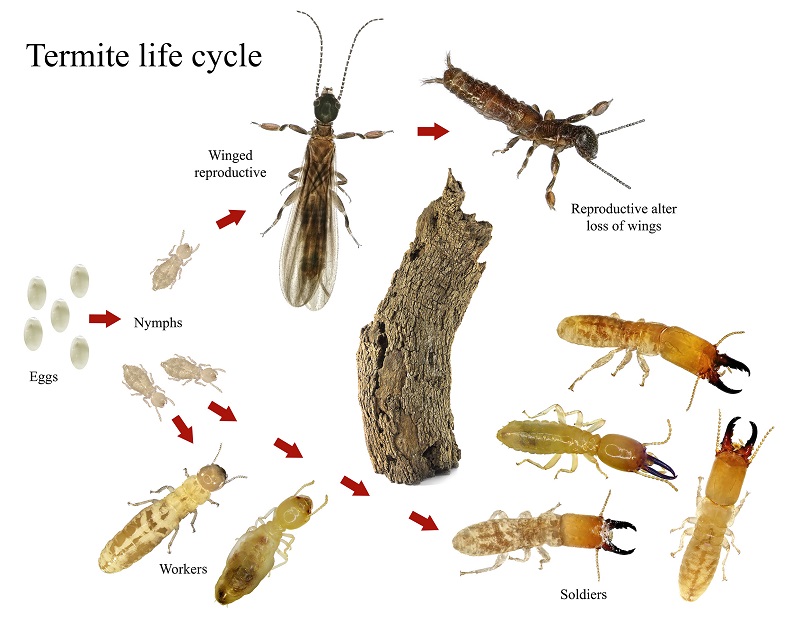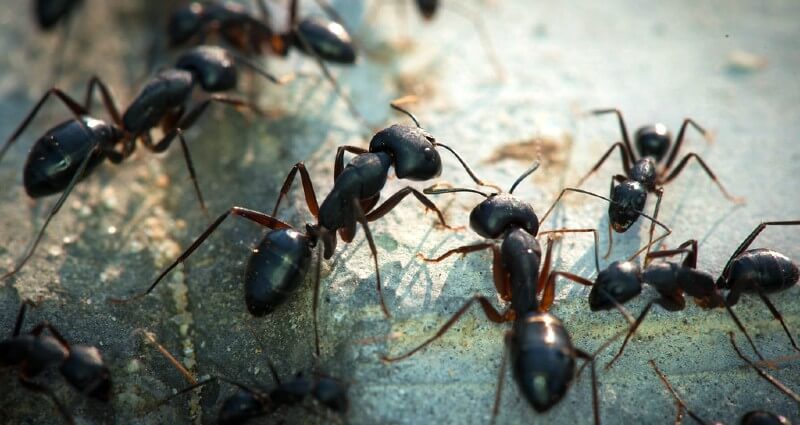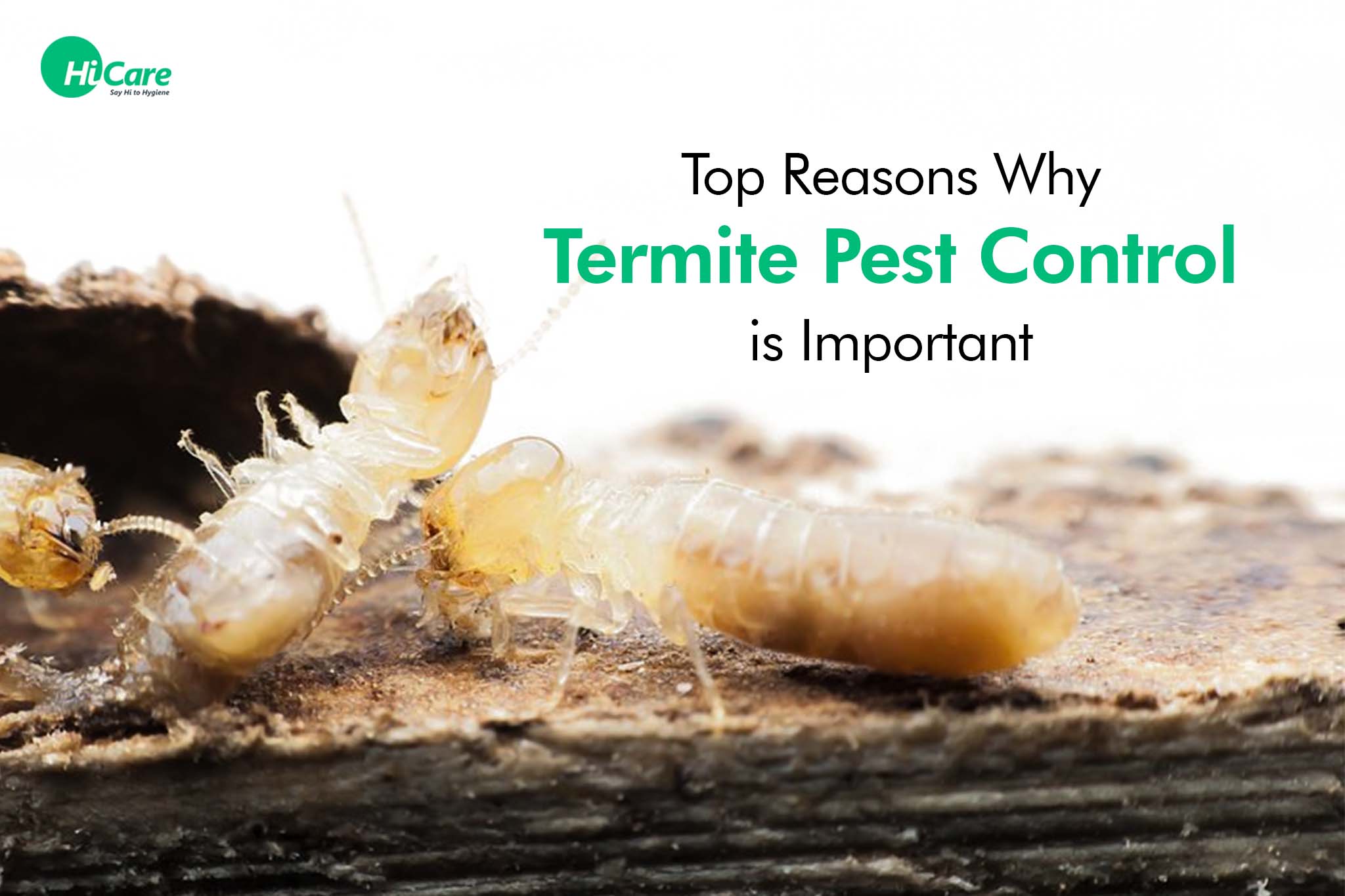Effective Ant Control: Professional Services to Get Rid Of Ant Infestations
Wiki Article
Ecological Impact of Pest Control: Balancing Effectiveness With Sustainability
The ecological impact of pest control is a critical concern that requires a fragile balance between accomplishing efficiency in guaranteeing and managing insects sustainability of our environments. From the usage of damaging chemicals that leak right into our soil and water to the unintentional repercussions on non-target varieties, the repercussions of standard insect control techniques are far-reaching.Dangerous Chemicals in Parasite Control
The utilization of harmful chemicals in parasite control positions considerable environmental and wellness dangers that require cautious factor to consider and reduction techniques. Insecticides, pesticides, and herbicides are frequently utilized to get rid of bugs, yet their widespread application can result in unplanned repercussions. These chemicals can infect dirt, water sources, and the air, impacting not just the targeted parasites yet likewise helpful insects, wildlife, and humans.
To deal with these risks, incorporated bug administration (IPM) techniques are being advertised as a much more sustainable alternative. IPM involves a mix of approaches such as organic control, habitat manipulation, and the targeted use pesticides as a last option (ant control huntersville nc). By taking on an all natural strategy to pest control, we can lessen the ecological and health impacts linked with unsafe chemicals while effectively managing pest populaces
Influence On Non-Target Species
Thinking about the unintended effects of bug control methods, the effect on non-target types is a critical facet that needs extensive examination. While parasite control steps aim to target certain insects, various other organisms in the community may be accidentally influenced. Non-target types, consisting of useful bugs, birds, animals, and also plants, can suffer indirect or direct harm from chemical applications or organic control techniques.Chemicals can have sub-lethal or deadly effects on non-target types. For example, pesticides created to fight a specific insect parasite might hurt pollinators like bees or natural predators such as ladybugs. Additionally, chemical deposits can build up in the environment, impacting non-target microorganisms over time. Organic control representatives, if not species-specific, can present dangers to unexpected targets, interrupting the eco-friendly equilibrium.
To alleviate the effect on non-target species, incorporated parasite administration (IPM) methods that highlight an alternative method to pest control are recommended. These techniques focus on using ecologically pleasant methods, decreasing damage to valuable organisms while effectively handling pest populaces. Performing extensive danger analyses and keeping an eye on the end results of bug control efforts are important action in securing non-target types and promoting general community health.
Soil and Water Contamination
Unexpected environmental consequences of insect control approaches prolong beyond affecting non-target varieties, with considerable implications for soil and water contamination. Chemicals, herbicides, and chemical fertilizers made use of in pest control can leach into the soil and pollute groundwater, posturing a danger to both earthbound and water environments. Dirt contamination can interrupt the equilibrium of microorganisms necessary for vitamins and mineral biking and plant development, bring about lowered dirt fertility and performance. These chemicals can persist in the setting for prolonged periods, collecting in the dirt and possibly entering the food chain.Water contamination is one more essential concern associated with pest control methods. To minimize soil and water contamination from insect control tasks, integrated pest management strategies that prioritize sustainability and decrease chemical inputs are vital.
Air Contamination From Pesticide Use
Direct exposure to airborne chemicals during farming applications postures a considerable issue for air contamination control steps. They can volatilize right into the air and form volatile natural compounds (VOCs) and other airborne pollutants when chemicals are splashed onto crops - termite control. These chemicals can add to the development of ground-level ozone, a significant part of smoke that can have destructive results on human health and wellness, crop performance, and general air quality. Additionally, pesticide drift, where pesticides are lugged by the wind to unintended locations, can cause the contamination of neighboring communities and water bodies.
Approaches for Sustainable Pest Control
In the world of agricultural techniques, carrying out sustainable parasite control techniques is extremely important for keeping ecological balance and safeguarding crop yields. Lasting straight from the source insect control emphasizes the usage of ecologically friendly techniques to take care of insect populaces effectively while decreasing injury to non-target microorganisms and communities. Integrated Bug Management (IPM) is an extensively taken on method that combines biological, social, physical, and chemical control approaches to accomplish lasting insect management solutions.Plant turning and diversification are additionally effective techniques to disrupt pest life cycles and create much less beneficial conditions for bugs to flourish. Inevitably, by integrating these lasting insect control methods, farmers can achieve an equilibrium in between pest administration effectiveness and environmental stewardship.
Verdict
In verdict, the ecological influence of insect control approaches have to be meticulously taken into consideration to balance efficiency with sustainability. Dangerous chemicals used in insect control can cause dirt and water contamination, air contamination, and harm non-target varieties - ant control. It is essential to execute lasting parasite control strategies to reduce these negative effects on the atmosphere and advertise a healthier ecological community for future generationsBy taking on a holistic technique to pest control, we can reduce the ecological and health and wellness effects linked with hazardous chemicals while efficiently managing pest populaces.

To mitigate the air pollution triggered by chemical usage, it is crucial to embrace incorporated parasite monitoring techniques that focus on the use of non-chemical parasite control techniques, such as crop turning, all-natural killers, and resistant plant ranges. Sustainable parasite control stresses the use of environmentally pleasant techniques to take care of insect populaces effectively while minimizing injury to non-target microorganisms and ecological communities. Integrated Bug Management (IPM) is a commonly taken on technique that integrates organic, cultural, physical, and chemical control approaches to accomplish lasting pest monitoring remedies.
Report this wiki page